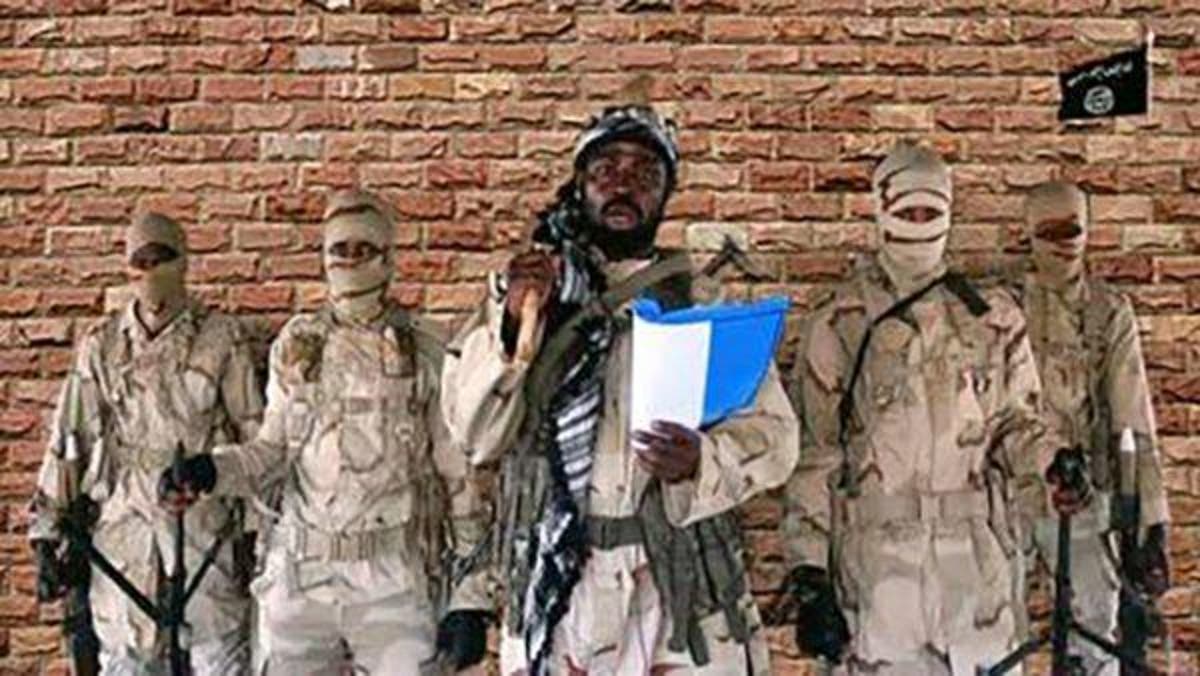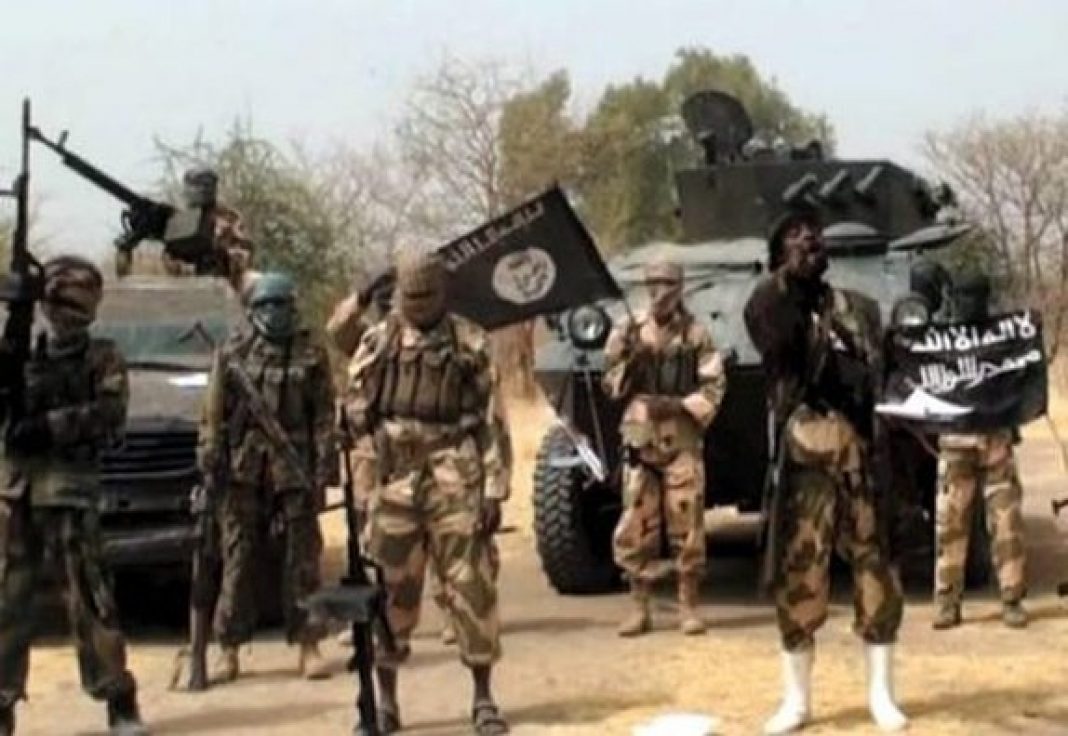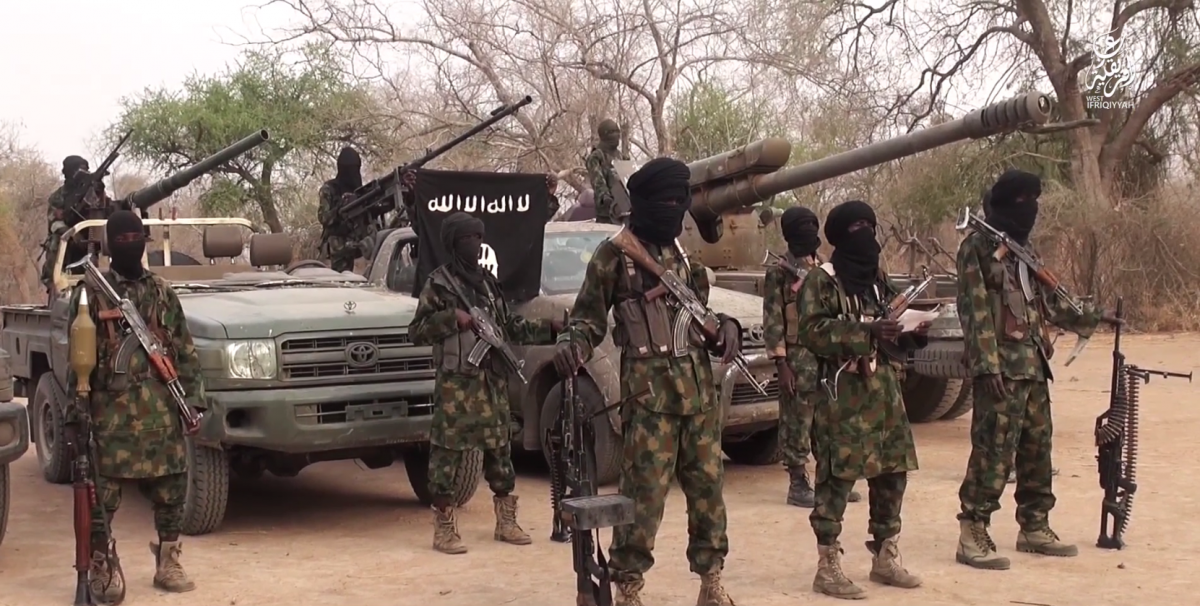Alternative explanations for and understanding of terrorism that may provide “good sense” are typically marginalized. Terrorism, therefore, remains an enigmatic and elusive phenomenon in society, because there is no consistent unity in the way terrorism has been defined or constructed throughout the ages.

Contrary to expectations, religion has proven to be resilient all over the world and particularly in developing countries. Many thinkers and scholars have debated that with increasing modernization would also come increasing secularization. Religion plays a dominant role in human affairs this is why Emile Durkheim in 1858 defined religion as a “unified system of beliefs and practices relative to sacred things.”

Thenceforth, there’s the perpetual preponderance of the worlds” big three” major religions of Christianity, Islam and Buddhism. Religion at the global level has been a concrete means of income for some countries (for example, Israel and Saudi Arabia). In some countries, particularly the Arab states, religion has been a vital component of the national identity. The religion which is one of the social institutions of the social structure has played a major role in South Africa, Poland and the Philippines. Since the 9/11 attack, the political role of religion has been the subject of worldwide debate and religion has been termed to be the major factor in violent conflicts such as terrorism and killings. This takes us to the assertion of Karl Marx in 1818 on religion as “the sigh of the oppressed creature, the heart of a heartless world, and the soul of soulless conditions and the opium of the people.”
And what all the above suggestions are that religion might no longer be regarded as a peaceful social control mechanism. In the modern epoch, religious terrorism has increased in its frequency, scale of violence, and global reach. It has, indeed, become a crucial issue for the global community. Terrorism carried out in the faith has long been a feature of human affairs. The histories of people, civilizations, nations and empires are full of examples of extremist true believers who engaged in violence to promote their belief systems. Some religious terrorism is inspired by defensive motives, others seek to ensure the predominance of their faith (religio-centrism) and others are motivated by a combination of these tendencies.
Well, for proper demystification, it’s cogent to examine the relationship between religion and terrorism for it will seem straightforward and this involves a complex examination of culture. But who then is a terrorist? In defining this it is paramount to look at it from the intent and objective consequences of an act that corresponds with the work of Robert. K. Merton in 1968 of “intention on as a central variable in defining actors as terrorists.” When we look at acts defined as terrorism, the first criterion typically employed is the intent or motivation of the actors. Well, explanations on terrorism should focus on the explanation of the reason an actor engaged in certain forms of action and when an act is defined as “religious terrorism” it’s assumed that the actor intended to kill for religious reasons or in the name of “God.” The process of also defining an act as terrorism should also be based on consequences of action and this should focus on the kind of harm caused by an action and whether or not the act is political. Terrorism can be examined fruitfully as a creation of the states and its definition is socially negotiated.
Well, in 1988 Augelli and Murphy were of the view that the “concept of hegemony is paramount in explaining terrorism.” Social theorist Antonio Gramsci uses this concept as a “war of position” that takes place through the institutions and organization of civil society. Well, hegemony, or the war of position, as a social process, includes those who dominate modes of production, imposing and promoting crucial world views through cultural means. These world views are expressed through central information sources and societal institutions, like the media, education, church, medicine, and even academics in producing meaning for the social world. In simple terms, hegemony involves all the processes and strategies which develop a society’s (or the worlds) common sense, a taken for granted understanding of reality that is beyond critique or judgment.
Alternative explanations for and understanding of terrorism that may provide “good sense” are typically marginalized. Terrorism, therefore, remains an enigmatic and elusive phenomenon in society, because there is no consistent unity in the way terrorism has been defined or constructed throughout the ages.
Ajayi in 2012 thought that “the ability of religion to shape and control the world view of its adherents provides an opportunity for extremism which is exploited by fanatics.” Boko Haram stands for outright rejection of Western education, western culture and modern science. It also advocates the propagation of strict adherence to Islam in its purest form. Boko Haram represents the vision and mission of a fundamentalist Islamic movement in Nigeria. The sect, known as Jama, at Ahli Sunna Lidda’awat Wal-Jihad (people committed to the propagation of the prophet’s teachings and Jihad) seeks to Islamize Nigeria by whatever means at its disposal and at whatever human cost and this reflects “terrorism.”
To buttress this analysis more, I’ll love us to understand that religion might be a key legitimate force for violence which entails the creation of “us versus them” (infidels, dogs, mud, people, etc.). In this way, religious imperatives have the potential to lead to more violent actions. Religion offers its followers a unique value system with the power to legitimizing and justifying the approved acts. Terrorist groups’ interpretation of these value systems dramatically differs from the mainstream. Most times, even at the risk of being expelled as an outcast, they choose to deviate from the fundamental teachings of their religions. This is especially the case for Islamic terrorist groups. One of Islam’s uniqueness comes from its involvement with almost every aspect of human life. Islam as a monotheistic religion has a predetermined view on human life. According to Islam, “life (human or animal) is sacred, and taking one innocent human life is equal to killing the whole of humankind.” Therefore, the Islam that the groups refer to needs to be different from the Islam the mainstream refers to.
In conclusion, Islamic terrorist groups tend to have their versions of interpretations of religious texts, and through long indoctrination processes, their members believe that those interpretations are the true ones, and the previous ones were blended in by enemies of Islam. That’s one of the reasons why they do not hesitate to target and kill fellow Muslims. Besides, the nature of the acts of terrorism requires determined and dedicated individuals who are willing to commit the types of acts that the group wants. Those individuals will need very strong reinforcement to continue acting towards the group’s goals. Religion comes in handy as an external, independent, powerful, respected, and unquestionable source of power. The terrorist groups use/abuse the power of Islam through their differing interpretations in a way to promote violence as the only means to be achieving religious ends which, under normal circumstances, are to be achieved through legitimate means. That’s why recruits undergo intense training sessions where they are also exposed to new interpretations of religious values, norms, goals and means.
Hassan Idris is a Sociologist & Poet.




















